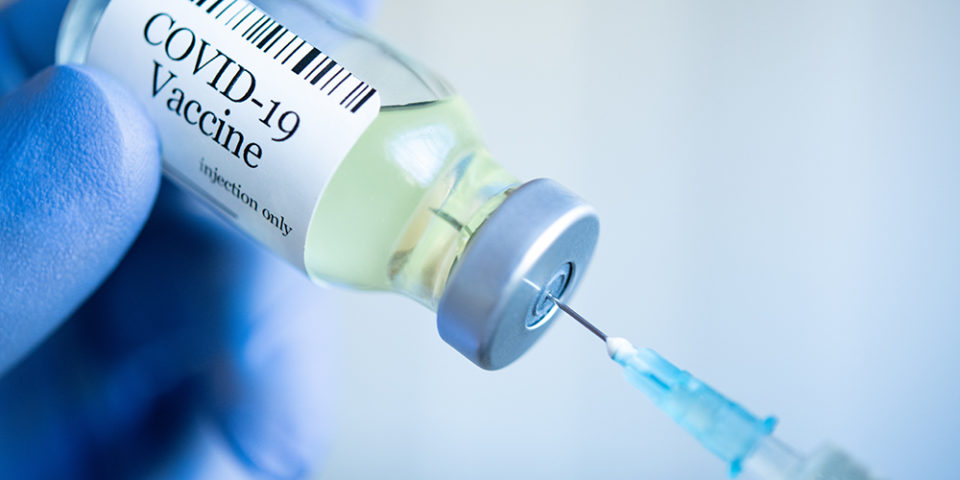What to know about the Johnson & Johnson COVID-19 vaccine
Johnson and Johnson’s COVID-19 vaccine (also known by the name Janssen) was recently given Emergency Use Authorization by the U.S. Food and Drug Administration (FDA). With a third vaccine available, you might be wondering which vaccine to get. Rachel Brown, MD, explained more about this vaccine and its benefits.
What type of vaccine is it?
The Johnson & Johnson vaccine is a viral vector vaccine, a common mechanism for administering vaccines that has been used for years. It uses a modified version of a different virus (the vector) to deliver information to our cells.
“One of the questions I get most often is if it’s delivered to me through a virus or part of a virus, why don’t I get sick from that other virus – that viral vector? The reason is because it has been incapacitated and cannot reproduce. You cannot be infected by that virus. But the fact that it’s delivered by an inactivated virus actually boosts your immune response and that’s why these vaccines can be incredibly effective,” said Dr. Brown.
Is the Johnson and Johnson vaccine effective?
You may have heard that the Johnson and Johnson vaccine does not have the same efficacy rate as the mRNA vaccines. Dr. Brown said this is not a cause for concern. “You’re comparing apples to oranges. Not only are they two different kinds of vaccines, but they’ve been studied in several different geographic areas.”
In testing, the vaccine was 85% effective at preventing severe cases of COVID-19 and 100% effective at preventing hospitalization and death as a result of the virus.
“We don’t want people to feel sick, but we all get colds and respiratory illnesses from time to time. We don’t want those colds, respiratory illnesses and viral infections to cause hospitalization and death. That’s what we’re trying to eliminate with this vaccine.”
Dr. Brown said people should get whatever vaccine they can. “Do not be hesitant about getting the Johnson and Johnson vaccine because it doesn’t have the same numbers at first glance that the other vaccines do. It is still highly effective and it’s one dose, so it’s very simple.”
When will we reach herd immunity?
“We want 70–75% of the population to have been exposed to COVID-19, either through novel infection or an antibody response due to a vaccine, so that we are immune and, hopefully, unable to pass on the virus to those who are not immune,” said Dr. Brown.
Should you hold off on getting the vaccine and wait for herd immunity to protect you? Dr. Brown said there’s no way to predict that you will be the one person who’s protected by the other 75% who have received the vaccine or already been infected.
“I encourage everyone to get the vaccine – to ask questions, to get clarification, and then to get the vaccine, so that we can all contribute to that 75% or higher herd immunity. That is how we’re going to get back to the way of life that we’ve been missing.”
She also said we shouldn’t become complacent about precautions due to an increase in variant infections.
“This is not the time to let down our guard. We need to continue to wear masks, remain socially distant, wash our hands, avoid inside large gatherings – and encourage others to get vaccinated. We’ve got to keep the infection rate low, so that we don’t breed more variants and increase our cases.”
Have questions about the COVID-19 vaccine?
Find answers to frequently asked questions about the COVID-19 vaccine, including how to get the shot.


